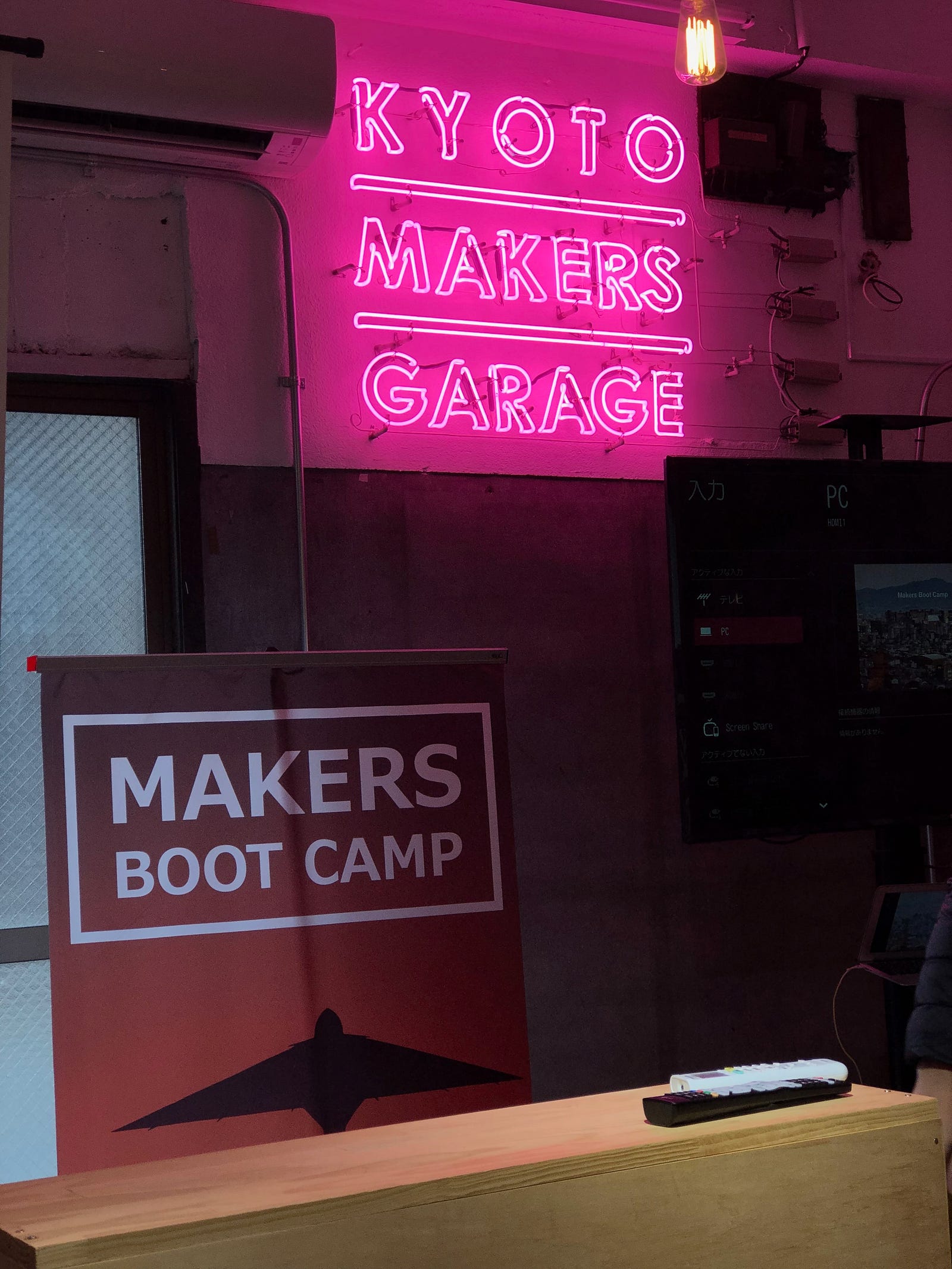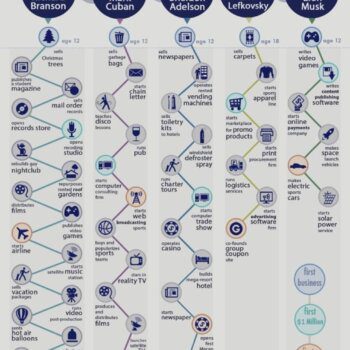The new year has come and 365 days gone by since my first visit to Japan. Japan is a showcase of disparity and paradox. Every city visited, it was clear that Japan is at a crossroads. From a foreign vantage point, Japan is continuously at odds with herself. An innovative country yet conforms to established practices; socially ridged but accommodating; economically sluggish for decades but socially stable; obsessed with the foreign yet reluctant to change. From ritualized tea ceremony to drunken karaoke; I’m grateful for these experiences and elated to finally disseminate my reflections.
Going into Japan, the facts were simple. Through the 1980s, Japan was significant in global competition, largely by shaping global technological trajectories, transforming major global industries, and contributing to fundamental innovations in industrial production processes, creating enough wealth along the way to propel Japan to the world’s second-largest economy. However, after the burst of the economic bubble in the early 1990s, Japan’s economic growth faltered. Its industrial competitiveness declined sharply as other places such as Silicon Valley, moved to the forefront of transforming technology, industries, and production, creating vast wealth along the way. While Japan’s role in global competition seemingly became largely irrelevant from the 1990s onward, my experiences within the country revealed Japan’s quiet, gradual, and significant transformation. While the world’s attention was focused elsewhere in the 2000s, most notably the rapid technological sophistication and breakthrough growth of China, Japan had been developing in significant ways, bringing them back into the global conversation. With that backdrop, my question for Japan didn’t focus on how far its entrepreneurship ecosystem had come or what today’s reality tells us but was there evidence of optimism regarding its future and how gradual change in a culture of stability and corporate loyalty, a long-dominant social and business value, can chart a new trajectory for Japan’s entrepreneurial ecosystem.
Since mid-2016, Japan’s startup ecosystem has developed considerably as many characteristics of the overall economy and social norms transformed to create a new environment for aspiring entrepreneurs. After several conversations with those embedded in the ecosystem, themes emerged that explains to Japan’s new startup environment:
1. Growing VC industry, the rise of independent VCs
2. Increasing labor mobility. Lower prestige and opportunity with large firms
3. Active efforts by universities, venture capital, and government to spin off successful startups with university technology
4. Firms more interested in open innovation, participation in corporate venture funds, and partnerships with early-stage startups
5. Rising attractiveness of entrepreneurship as large firms enter a competitive crisis
Japan’s venture capital industry has developed significantly. While fund size remains far smaller than that of the US biggest ecosystems (Silicon Valley, Boston, and New York), it still plays a relevant role in Japan. However, most VC funds are backed by big Japanese corporations, specifically financial institutions, and manufacturers. These players drive the startup boom, who sit on large amounts of cash to invest. These companies, with roots spanning decades if not centuries, have long dominated industries but now are warming up to startups signaled by their investment in outside VC funds and even launching internal corporate venture funds. But though Japan’s VC funds were up 450% in 2016, investors number one problem, they can’t find the innovators to invest. There is more money to go around in Japan, where young, daring risk-takers are still relatively scarce. Japan, since their technological rise in the 1980s, believed their focus should be on areas they’re inherently best, consumer electronics (hardware), gaming, and amine and discourage industries, no matter their profit potential i.e. software development, they can’t adequately compete. This philosophy is revealed in Japan’s history, investing in “Monozukuri”, the act of making things. Using Design for Manufacturing (DFM) and “Shisaku”, experimenting or prototyping has allowed Japan to sustain a competitive advantage but doesn’t provide an opportunity for disruptive innovation. A country where the culture of risk aversion is prevalent and entrepreneurship as a career is frowned upon, finding a home to park capital is the most difficult challenge Japanese VCs and corporations face. While places like the US and EU welcome failure, social pressure erupts from failures in Japan, discouraging its youth from pursuing entrepreneurial ventures. To further exuberate the issue, Sushi Suzuki, an Associate Professor at the Kyoto Institute of Technology and advisor to Makers Book Camp (https://makersboot.camp), the Japanese education system does not accommodate students’ desire to pursue entrepreneurship as a career. “Education in Japan is about memorization and repetition,” say Suzuki, thus students who decide to pursue entrepreneurship aren’t well equipped with the necessary skills and mindset required to succeed as value creators. Suzuki spoke to startups’ recent despair when raising capital where consensus is that language presents the number 1 barrier preventing startups from raising funds to back their ventures.
Another theme present was the increased interest in entrepreneurship by those with business background and experience working for foreign consulting firms but their STEM counterparts that see entrepreneurship as a career is in lower numbers. Both said to be caused by (1) students’ acceptance to prestigious universities considered the most challenging part of their lives. Once accepted, students slack off because their career path is seen as being paved. Secondly, those with engineering degrees receive the highest paid jobs. Therefore, if one is admitted to Japan’s top STEM university, what are their incentives to pursue entrepreneurship post-graduation? Lastly, universities resemble corporations in Japan and possess an enormous amount of power. Japan’s history shows that employees are married to their company, putting their company above things like family and well-being. Similarly, there is a marriage between Japanese startups and universities. As active efforts are underway by universities, venture capital, and government to spin off successful startups with university technology, students are hesitant to pursue entrepreneurial endeavors during their studies because of the lack of trust in relationships between student-launched ventures and the university.
We shouldn’t fool ourselves, Japan is changing. A change in its long, rich culture and tradition. Slowly, but deliberately, they are embracing innovation and disruption. The value the Japanese place on hard work has long been their competitive advantage but what creates innovation is not keeping hard at work but deciding what needs to be done, by whom and what not to do. I believe Japan is gradually learning this concept. I am grateful to Makers Boot Camp, specifically Sabrina Sasaki, Tugi Guenes, and Nikolas Schreiber, for their time in helping me understanding Japan’s ecosystem. To truly understand the influence Japanese culture has on the development of its entrepreneurial ecosystem, it’s pivotal to hear multiple perspectives that make up that ecosystem, from incubation, government to academia and venture capital. Nikolas, an American entrepreneur working with Japanese manufacturing partners, Tugi, as he prefers, a Swiss native of Turkish decent bringing a unique viewpoint to the venture capital space, and Sabrina of Markers Boot Camp, a Japanese Brazilian living in Kyoto who understands immensely the intricacies of her home. Time spent wasn’t enough to fully embrace the country’s offerings but nevertheless, further conversations with these amazing individuals brought learnings full circle and provided a picture of Japan’s rich and influential history, the complacency perception of its present, and how these forces create optimism for Japan’s creative and innovative future.



About the Author
This article has been written by Corbin Norman, the chief Growth Officer at Bits which is currently leading the world’s principal consumer generation, Millennials, towards wealth and financial freedom. See more.





























